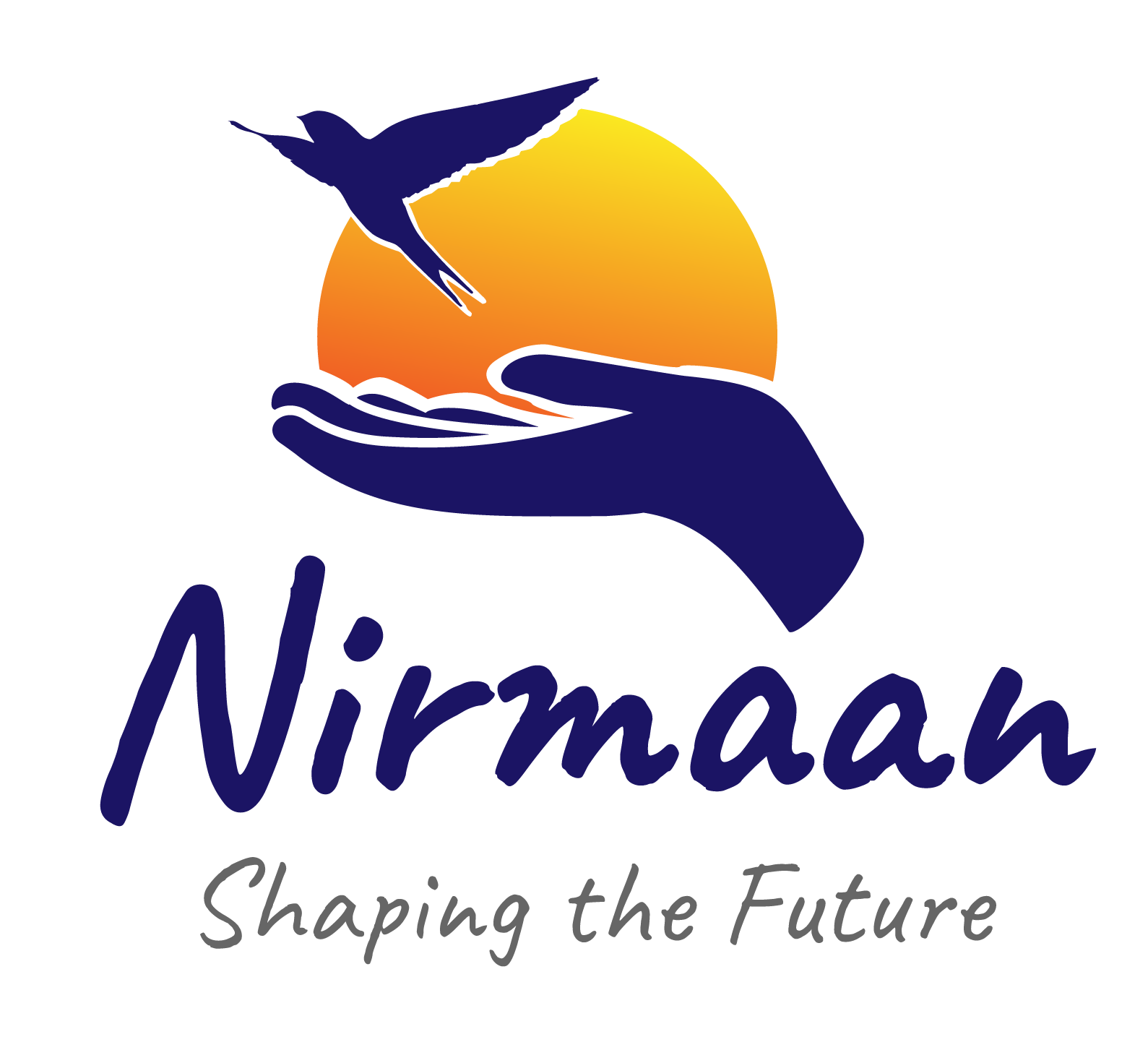Navigating the Skills Gap: Innovative Educational Approaches
The rapid evolution of the job market necessitates a rethinking of how we educate our future workforce. As technology continues to advance and industries transform, the skills gap has become a pressing issue, leaving many students unprepared for the realities of the modern workplace. In 2025, addressing this gap is more critical than ever. Here, we explore innovative educational approaches that effectively prepare students for the future of work.
Understanding the Skills Gap
The skills gap refers to the disparity between the skills that employers require and those that job seekers possess. Factors contributing to this gap include the fast pace of technological change, shifting industry demands, and a traditional education system that often lags behind these developments. To combat this, educators must embrace new methodologies that align with modern workforce needs.
Project-Based Learning (PBL)
One effective approach is Project-Based Learning (PBL), which emphasizes hands-on, real-world problem-solving. In PBL, students engage in projects that mimic actual workplace challenges, fostering critical thinking, collaboration, and creativity. This method not only helps students acquire technical skills but also soft skills, like teamwork and communication, that are essential in any job.
Interdisciplinary Learning
Integrating multiple subjects into cohesive learning experiences prepares students to think critically and make connections across different fields. For example, a project that combines science, technology, engineering, and mathematics (STEM) with art can enhance creativity while honing analytical skills. This interdisciplinary approach reflects the multifaceted nature of modern jobs, equipping students with a broader skill set.
Technology-Enhanced Learning
Leveraging technology in education is vital. Tools such as virtual reality (VR), augmented reality (AR), and online platforms can create immersive learning experiences. For instance, VR can simulate job environments, allowing students to practice skills in a safe, controlled setting. Additionally, online courses can provide access to up-to-date content and resources from industry experts, helping students stay relevant.
Partnerships with Industry
Collaborating with local businesses and industries can bridge the gap between education and employment. Internships, mentorship programs, and guest lectures from professionals can provide students with invaluable insights and experiences. These partnerships ensure that curriculum design reflects current workforce needs and trends, making education more relevant and impactful.
Continuous Learning and Upskilling
As the job market continues to evolve, the concept of lifelong learning becomes increasingly important. Educational institutions should foster a culture of continuous learning, encouraging students to seek additional training and upskilling opportunities throughout their careers. This mindset helps individuals adapt to new technologies and market shifts more effectively.
Conclusion
In conclusion, navigating the skills gap requires innovative educational approaches that prepare students for an ever-changing job market. By embracing project-based learning, interdisciplinary studies, technology-enhanced education, industry partnerships, and a commitment to lifelong learning, we can equip the next generation with the skills they need to succeed. As we move further into 2025, it is imperative that educators, businesses, and policymakers work together to ensure that our workforce is ready for the challenges of tomorrow.



Leave a Comment
To post comment, please